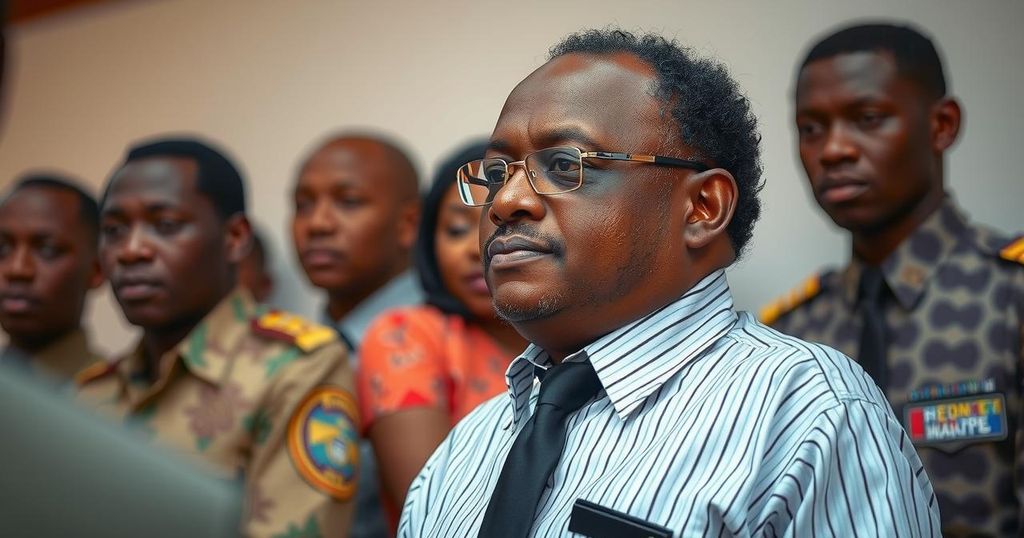Mozambique’s Political Turmoil: Challenges for President-Elect Daniel Chapo
Mozambique’s post-election crisis deepens as President-elect Daniel Chapo faces protests and pressure to reconcile with opposition leader Venancio Mondlane following a disputed election. The Constitutional Council confirmed Chapo’s victory, leading to renewed unrest and challenges for economic stability. Chapo’s call for dialogue and reconciliation may risk divisions within the ruling party, complicating the resolution of the crisis.
Mozambique is currently grappling with a significant post-election crisis following the recent electoral victory of Daniel Chapo, candidate from the ruling Frelimo party. The Constitutional Council affirmed Chapo’s presidency on December 23, acknowledging his triumph over opposition leader Venancio Mondlane in the controversial elections held on October 9. This decision sparked renewed protests from Mondlane’s supporters, who view the elections as fundamentally flawed, prompting increased political unrest in the country.
In light of the unrest, President Chapo has signaled intentions to pursue reconciliation and dialogue initiatives after his inauguration scheduled for January 15. However, achieving peace will be challenging as any conciliatory moves may provoke factional strife within Frelimo itself, especially given the party’s historical reluctance to compromise with opposition forces. The ongoing tensions not only threaten domestic stability but also jeopardize economic activities and regional trade relations, adding pressure on Chapo to navigate these turbulent waters diplomatically.
The political landscape in Mozambique has become increasingly fraught following the general elections on October 9, which have been marred by allegations of electoral fraud and misconduct. The ruling Frelimo party, which has been in power since the end of the civil war, faces strong opposition from Mondlane and his supporters. The recent ruling by the Constitutional Council affirming Chapo’s victory in this charged atmosphere has spurred further unrest, highlighting the deep divisions within Mozambican society and the challenge ahead for the new administration. Economic implications, coupled with regional trade concerns, loom as critical issues that must be addressed promptly to restore stability.
In summary, Mozambique’s political climate remains precarious following Daniel Chapo’s election as president amidst widespread claims of electoral misconduct. While Chapo’s proposed dialogue may offer a pathway to peace, the potential for internal conflict within Frelimo poses significant challenges. The continuing unrest calls for immediate attention to ensure economic stability and maintain regional trade, underscoring the delicate balance Chapo must achieve in his leadership tenure.
Original Source: worldview.stratfor.com




Post Comment